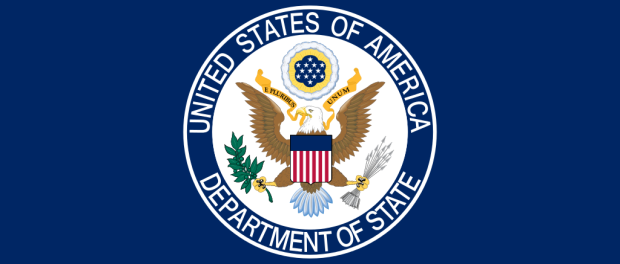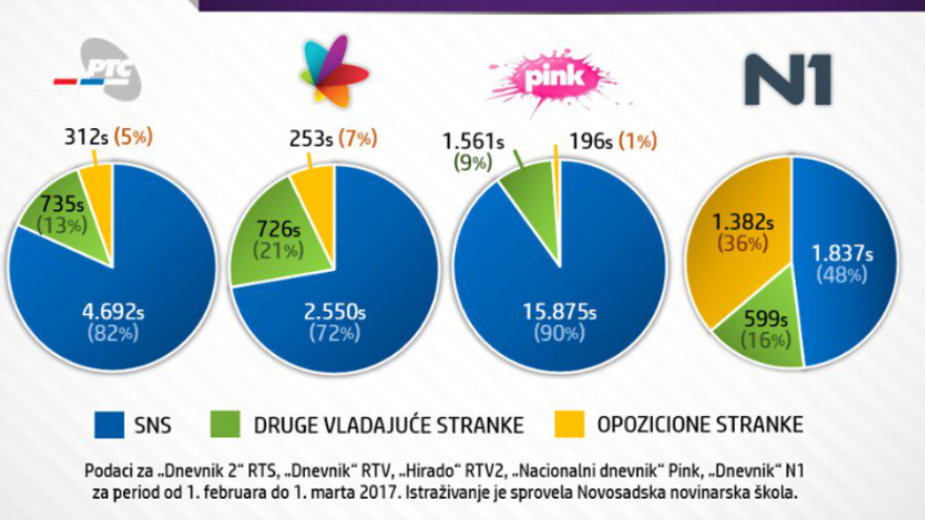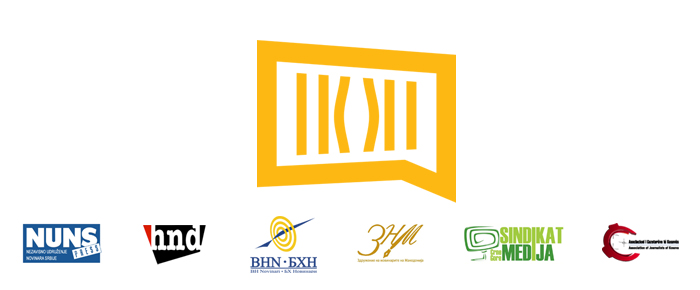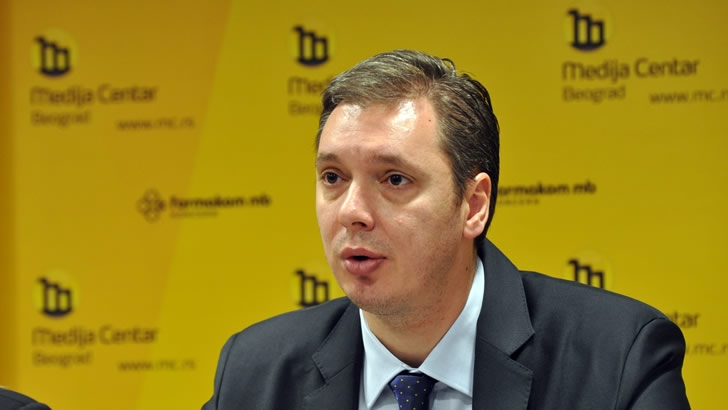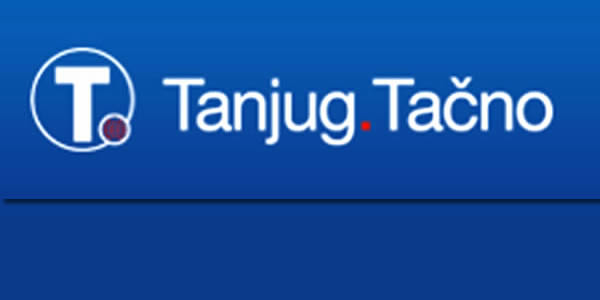WASHINGTON, 06.03.2017. – The Bureau of Democracy, Human Rights and Labor of the U.S. has issued The Country Reports on Human Rights Practices for 2016.
These reports aim to provide policymakers with an accurate accounting of human rights conditions in nearly 200 countries and territories worldwide, including all member states of the United Nations and any country receiving U.S. foreign assistance. The reports cover internationally recognised individual civil, political, and worker rights.
ALBANIA
In Albania, the most important human rights problems were related to corruption in all branches of government, particularly in the judicial and health-care systems, but also in the field of media freedoms.
Widespread corruption, many forms of pressure and intimidation, combined with limited resources sometimes prevented the judiciary from functioning independently and efficiently. Moreover, persons holding high-ranking positions such as politicians, judges, and those with powerful business interests often were able to avoid prosecution.
Considering freedom of the media, Report estimates many issues such as violence and intimidation against members of the media. The government, business, and criminal groups sought to influence media in inappropriate ways. Furthermore, journalists often practised self-censorship to avoid violence and harassment and as a response to pressure from publishers and editors.
BOSNIA AND HERZEGOVINA
Problems similar to ones in Albania were encountered in BiH in 2016. The biggest issue was considering state’s continued political and economic stagnation due to government corruption. As the report concludes, the problem with corruption lies with the multitude of state, entity, cantonal, and municipal administrations, where each has the power to establish laws and regulations affecting business, creating a system that lacks transparency and provides opportunities for corruption.
Some political leaders manipulated ethnic divisions, weakening democracy and governance as well as undermining the rule of law. Discrimination was fostered in most aspects of daily life, with with the emphasis on the underrepresentation of minorities in political life.
In the field of media freedoms, harassment and intimidation of journalists and civil society limited the public’s access to accurate information and the accountability of political leaders. The report notes the continuing tendency of politicians and other leaders to label unwanted criticism as hate speech or national treason. In addition to this, public broadcasters remained under strong pressure from government and political forces due to a lack of long-term financial stability and dependence on politically controlled funding sources.
CROATIA
In 2016, Croatia was facing the problem of discrimination. Social discrimination and instances of violence directed against members of ethnic minorities, including ethnic Serbs and Roma, women, and children were the main challenges. The surge in nationalism and political radicalization was detected. It severely impacted on the enjoyment of minority rights, particularly in those areas that were heavily affected by conflict.
In contrast to Albania and BiH, the media freedoms were in a relatively good state. Independent media were active and expressed without restraint a wide variety of views.
On a positive side, it was noted that the government took significant steps to prosecute and punish individuals who committed abuses of human rights.
KOSOVO
As for Kosovo, one of the most serious human rights problems was the occasionally violent obstruction of parliament by opposition deputies, who clearly stated that their intention was blocking free debate and the passage of legislation.
Government and private-sector corruption coupled with the lack of punishment for corrupt acts remained an important human rights problem. Although the law provides criminal penalties for corruption by officials, the government did not implement the law effectively. On top of that, lack of effective judicial oversight and general weakness in the rule of law significantly contributed to the problem.
The report suggests that media freedoms were violated. While the government generally respected media freedoms, credible reports persisted that some public officials, politicians, businesses, and radical religious groups sought to intimidate media representatives. Media also encountered difficulties in obtaining information from the government and public institutions as provided by law.
Interethnic tensions and real and perceived security concerns restricted freedom of movement.
Also, restrictions on religious freedom included the repeated vandalism of religious property and restrictions on freedom of worship for Serbian Orthodox pilgrims. In addition to that, security concerns limited the number of displaced Kosovo Serbs seeking to return.
MACEDONIA
The highlights of Macedonia’s problems in 2016 remained in the field of political crisis sparked by the 2015 wiretapping scandal. Extensive corruption and the government’s failure to respect completely the rule of law further deteriorated the state of democracy.
It was noted that the government continued putting pressure and restrict media freedoms. More specifically, Reporters Without Borders noted a decline in media freedom during the year, and since the government has traditionally been one of the largest purchasers of advertising in the country, many media outlets remained financially dependent on its spending and therefore subject to pressure to avoid criticising it.
The judiciary failed to demonstrate independence and impartiality. The outcomes of many judicial actions appeared predetermined, particularly in cases where the defendants held views or took actions in opposition to the government. With judges subject to political influence and corruption, political interference, inefficiency, favouritism toward well-placed persons, corruption in judiciary seems pervasive.
MONTENEGRO
The main issue considering the state of human rights in the Western Balkans has also prevailed in Montenegro. Corruption was among the country’s most significant human rights problems. It was present in health care, education, and other branches of government, including law enforcement agencies and the courts. The process of appointing judges and prosecutors remained somewhat politicised.
Media freedoms were endangered since the independent and pro-opposition media reportedly experienced political and economic pressure. They also reported alleged threats and attacks on the property of media representatives. As it was stated in the Report, many attacks from previous years remained unsolved or lacked court decisions.
Discrimination and violence against the members of ethnic minorities, especially Roma, Ashkali, Balkan Egyptians, Albanians, Bosniaks, as well as women, was present. Widespread discriminatory cultural norms prevented women from participating equally in all areas of social development.
SERBIA
The most serious human rights problems during the year included discrimination and societal violence against members of minority groups, especially Roma. Numerous observers noted the existence of a climate of hostility toward members of national and ethnic minorities. Also, discrimination with respect to employment and occupation was reported.
As for the media pressure, harassment of journalists and pressure on them was a significant problem. During the year some reporters and media organisations were the victims of vandalism, intimidation, and physical attacks. The concerning was the economic pressure which sometimes led media outlets to practice self-censorship. State-controlled funds were believed to contribute a significant percentage of overall advertising revenue, giving the state correspondingly strong leverage over media outlets.
An inefficient judicial system that caused lengthy and delayed trials as well as long periods of pretrial detention adversely affected citizens’ access to justice. The report adds that the courts remained susceptible to corruption and political influence. Despite the government saying that it is fighting the corruption, it still provides a lack of transparency.


